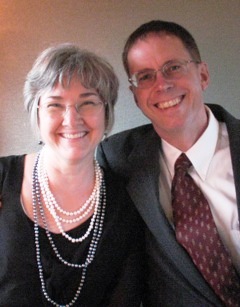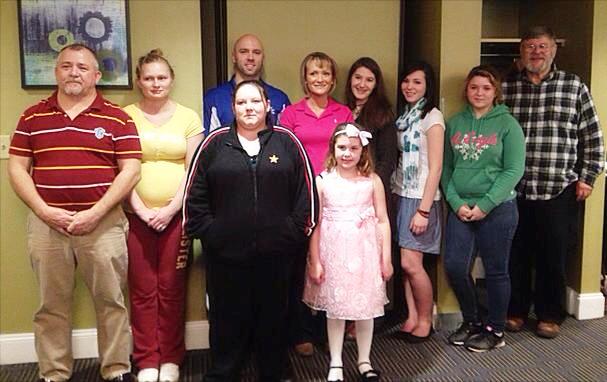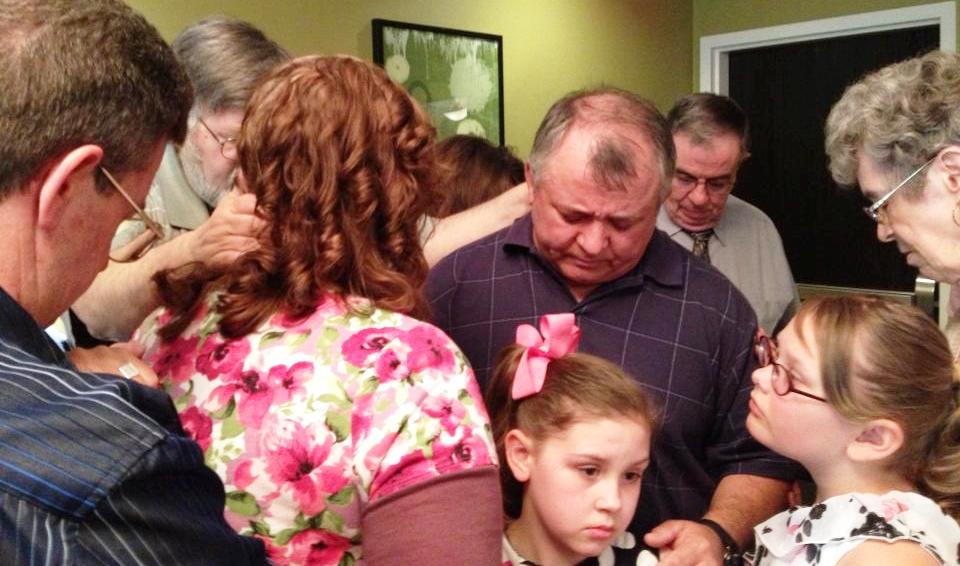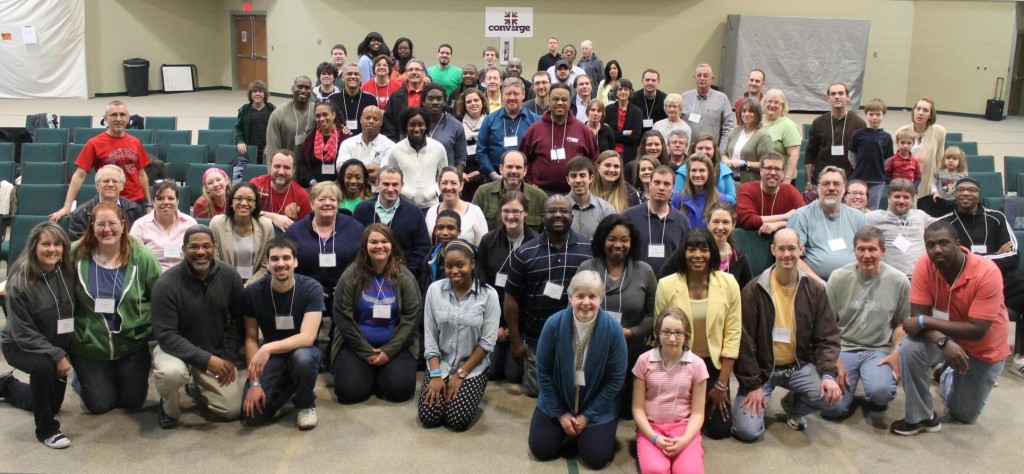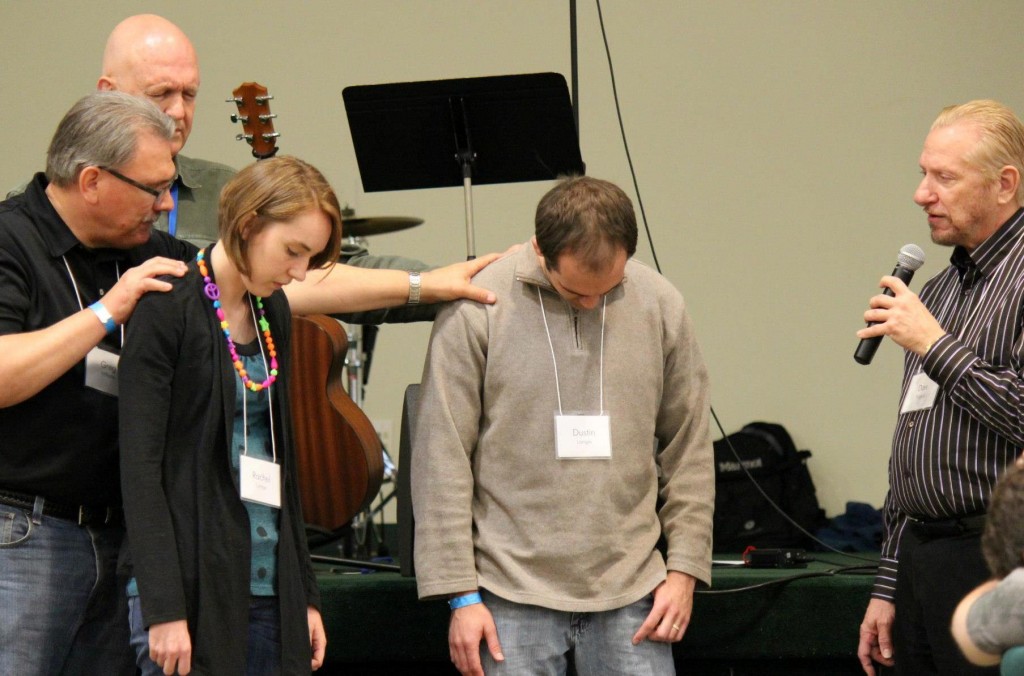Dear Brothers and Sisters in Christ,
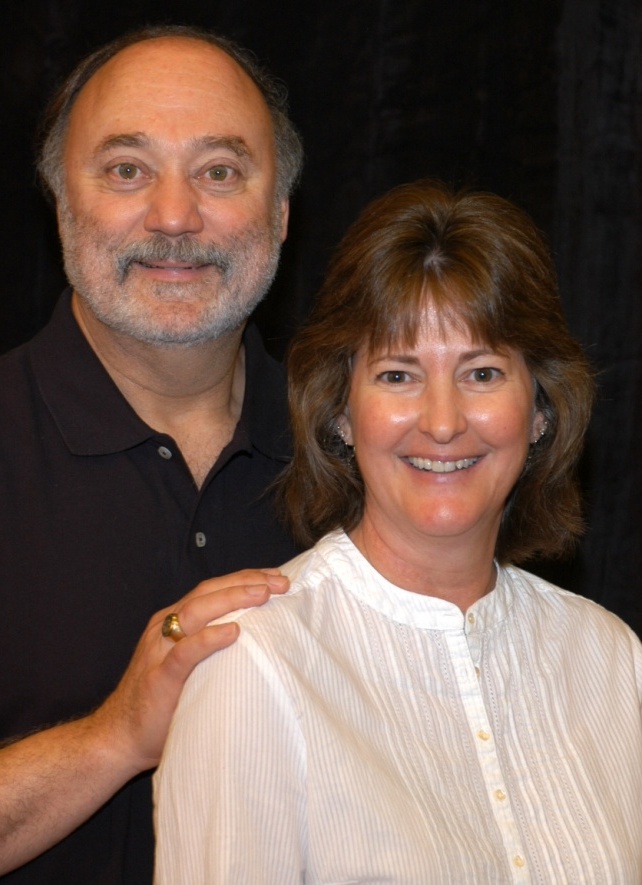 This Monday, three people died and nearly 200 were injured by bombs detonated near the finish line of the famed Boston Marathon. Dishon Mills, who is planting a GCI church in nearby Randolph, Massachusetts and works near the location of the bomb blasts, wrote this on his Facebook page:
This Monday, three people died and nearly 200 were injured by bombs detonated near the finish line of the famed Boston Marathon. Dishon Mills, who is planting a GCI church in nearby Randolph, Massachusetts and works near the location of the bomb blasts, wrote this on his Facebook page:
It was a tragic day for our city. I work six doors from the site of the first explosion. My family and I were going to go down to my job to watch the race, but I was tired from traveling so we stayed home. Not only that, for the first time in at least five years, no one from my staff was in the building watching the Marathon. Otherwise, we would have been right in the center of the devastation. Some will ask, “Where was God when bombs ripped through the Boston Marathon?” My reply is that he was working through the first responders who worked to minimize the casualties. He was working through the police who found additional explosive devices before they detonated. He was working to keep me, my family and my colleagues safe on a terrible day. I am confident that this same God will comfort the families of the victims and help my city heal from this tragedy.
Dishon’s heartfelt words remind me that we are called to join with Jesus in his concern for suffering people near and far. I was also reminded of this when I visited our Stratford and Cromwell, Connecticut churches pastored by Larry Wooldridge. One of the opening prayers included intercession for the people of North Korea and the surrounding region, asking God that peace and cooler heads prevail. This prayer reflected the apostle Paul’s admonition to intercede for all people everywhere by praying for the leaders of their governments (1 Timothy 2:1-4). I hope we’ll all take this admonition to heart. Though we no longer examine current events searching for “where we are in prophecy” clues, world events should still be a concern of ours and a focus for our prayers.
When disasters, like the recent floods in Mozambique, directly affect our members, we naturally respond with prayer. But what about the people in the Korean peninsula? Though we don’t have many members there and though most commentators expect things to return to normal (if “normal” is a word that can be used to describe anything about North Korea!), I still feel that we should join in prayer for the people of both South and North Korea and for their leaders. The same can be said for people in many parts of our world, who suffer through troubles like those shown in the cartoon below.
North Korea has become one of the strangest countries on earth. If it was not for the fact that they are developing nuclear weapons, we could dismiss them as a comic sideshow on the world scene. They live in isolation, obsessed with an incredible personality cult around their leaders. Their first President, Kim Il-sung, who died in 1994, is still considered the Head of State. Nebuchadnezzar, who liked to be addressed as “O King, live forever,” could have learned from the North Korean propaganda machine. Kim Jong-il, his son, and now his grandson Kim Jong-un, are worshiped almost as gods in North Korea’s peculiar blend of communism and state idolatry.
One of the strategies of war is to dehumanize your enemy. My father, who fought in the Pacific during World War II, was told that there was no word for “love” in the Japanese language. That is nonsense, of course, but if you can demonize your enemies in this way, it makes it easier to destroy them. The seventeen million people of North Korea are fed a steady diet of hate propaganda, designed to prepare every man, woman and child to be ready to fight to the death to defend their homeland against “the American aggressors and their South Korean puppets.” We must not allow ourselves to return the hate. Let’s remember what Jesus said in the Sermon on the Mount:
You’re familiar with the old written law, “Love your friend,” and its unwritten companion, “Hate your enemy.” I’m challenging that. I’m telling you to love your enemies. Let them bring out the best in you, not the worst. When someone gives you a hard time, respond with the energies of prayer, for then you are working out of your true selves, your God-created selves. This is what God does. He gives his best—the sun to warm and the rain to nourish—to everyone, regardless: the good and bad, the nice and nasty (Matthew 5:43-45 The Message).
When I see the news reports of North Koreans rallying in massive displays of adoration for their leader, I identify with Paul’s feelings on his visit to Athens. “The longer Paul waited in Athens for Silas and Timothy, the angrier he got—all those idols! The city was a junkyard of idols” (Acts 17:16). As I see them marching in lockstep in endless military parades, I have to remind myself that each one of those sadly deluded people are nevertheless children of God. I try to see them as he sees them—not as depersonalized automatons, but as individuals whom he loves, sending his own eternal Son to save them from sin, death and the power of evil deceit.
Christianity is thriving in South Korea, but North Korea is officially atheist, and ruthlessly suppresses all religion except their state idolatry. A small and incredibly courageous underground church exists there, but it is safe to say that outside of that there is hardly any “knowledge of God.” It has not always been that way. Did you know that about a hundred years ago, North Korea was once one of the world’s most fruitful fields for Christian missions? There was a massive revival, and for a time, Pyongyang was known as “The Jerusalem of the East.”
God has not written off North Korea and neither should we. I was glad to hear our congregation’s prayer last weekend. Let’s not just pray about North Korea. Let’s remember to pray for them—a sadly confused and deceived people who nevertheless are included in God’s great purpose for humankind.
With love, in Christ’s service,
Joseph Tkach

